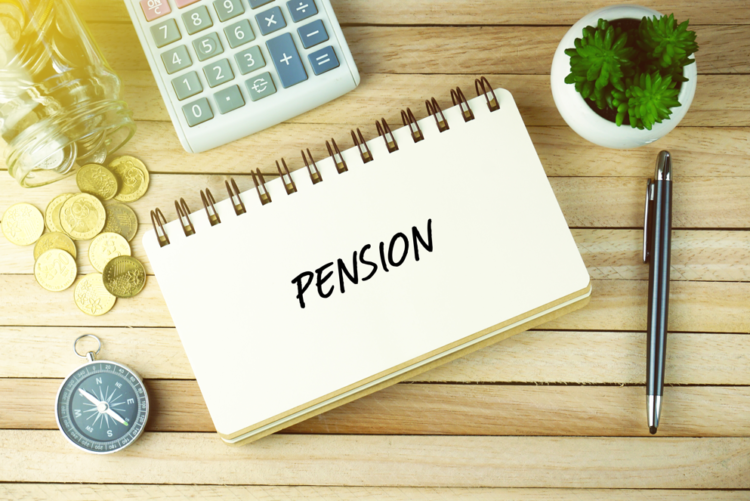Nearly three million low-paid workers could potentially be safely automatically enrolled into a workplace pension, a new study has suggested.
Research by the Pensions and Lifetime Savings Association (PLSA) found that employees earning less than £10,000, who are currently ineligible for auto-enrolment, could improve their retirement incomes by joining an employer-provided scheme.
Entitled Uncovering the Profile of Low Earners in the UK and the Potential for Pension Saving through Auto-Enrolment, the report revealed that around one in nine workers – around 3.17 million people in 2022 – meet the age criteria but earn below the £10,000 trigger for auto-enrolment.
The PLSA commissioned the Pensions Policy Institute (PPI) to assess the profiles of people on salaries under the qualifying threshold and discovered that removing it could benefit their retirement pots by 7-13%.
The study also explored whether lower earners would be harmed by having their incomes squeezed I they were to be auto-enrolled, and found that only around 300,000 out of 3.17 million low earners could be at a greater risk of financial detriment.
Nigel Peaple, director of policy and advocacy at the PLSA, said: “The £10,000 earnings threshold for automatic enrolment was employed to protect workers on the lowest earnings from saving for the future when they might be better off having more money in their pockets today. However, the existence of the threshold does result in certain groups, notably women and carers, having lower pensions than average.
“We wanted to understand the make-up of this under-researched group and explore whether policy interventions could safely improve their retirement outcomes without hurting their standard of living in the here and now.
“This research suggests it could be feasible to safely bring the majority of low earners into the automatic workplace pension savings system without significant detriment, provided there are also carefully designed policy measures to protect those at risk of over-saving. However, we believe more research is needed to be certain of this and that, if this is the case, further work will be needed on designing appropriate changes to the design of automatic enrolment, or the overall regime, to support the retirement income of low earners.”
Peaple added that the PLSA has been consulting with various industry stakeholders and representative bodies on a set of policy proposals in October 2022, ‘Five Steps to Better Pensions’, and will be publishing further recommendations on how to improve pension outcomes this autumn.
John Upton, policy analyst at the PPI, said: “Our modelling demonstrates that nine in 10 low earners have some mitigating circumstance that would mean that, if they were to be automatically enrolled, their living standard is unlikely to be reduced below an adequate level. These mitigating circumstances could be things like living in a household with a high overall income, expecting higher earnings after graduating university, being already enrolled anyway, or being ineligible for automatic enrolment for other reasons.
“As automatic enrolment policy is further developed, it is worth considering whether levers can be introduced which ensure greater involvement of low earners who will not be disadvantaged by saving. With low earners being such a complex group, this is no mean feat. However, automatic enrolment has been one of the greatest success stories of pensions policy in recent history, and to include more of the right people in it would be a worthwhile achievement.”













